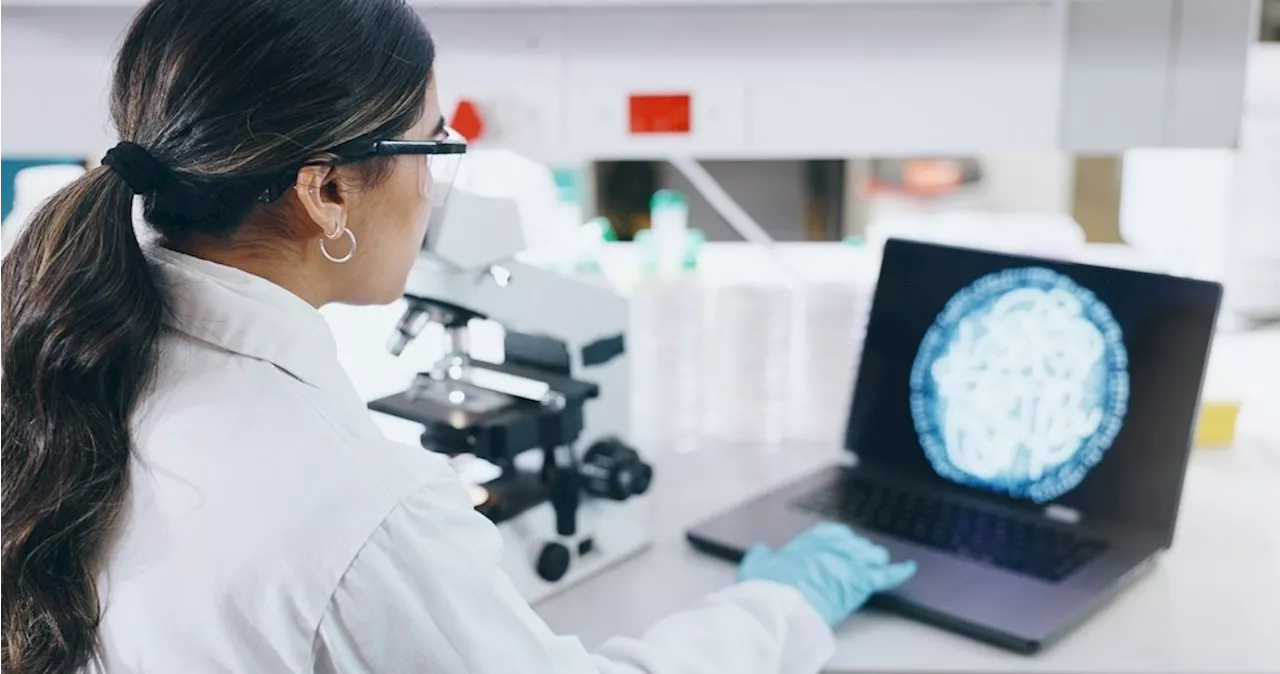AMR is a pressing global concern, diminishing the effectiveness of antimicrobial drugs and threatening public health and medical procedures worldwide.
Importance of tackling AMR Microorganisms that develop resistance to antimicrobial drugs are referred to as "superbugs" .1 These microbes have been detected in more than 204 countries across the world. The World Health Organization has declared antimicrobial resistance to be one of the top ten global public health threats.2
In many developing countries, antibiotics are freely sold over the counter without the need for any prescription.5 Overuse of antibiotics in livestock also causes AMR.6 Furthermore, the lack of effective diagnostics in many low-to-medium-income countries induces misuse of antimicrobials that may trigger the rise of superbugs.
The lack of effective antimicrobial drugs could also make routine surgical procedures more dangerous to perform and increase mortality rates. AMR increases an individual's suffering for longer because infections become more difficult to treat. This may lead to prolonged hospital admission.5 Increasing awareness of the impact of AMR among healthcare providers could be the important first step in preventing this condition. Providing healthcare workers with educational materials on AMR via digital learning technologies can strengthen their competence.9 This could promote behavioral changes that may contribute to a more reasonable use of antimicrobials. Recently, the WHO also published guidelines to help educate and train health workers on AMR.
Global policies The inappropriate use of antimicrobial drugs has also been attributed to a lack of robust policies on their proper use and poor monitoring of the medicine supply chain at the national and sub-national levels.11 Health ministries or departments should get involved in spreading awareness about AMR.
Scientific research Scientists worldwide have focused on repurposing drugs and developing new antibiotics. Global non-profit partnerships, such as CARB-X, are funding scientific research to develop new treatments, particularly for use in low—and middle-income countries.13 For instance, CARB-X awarded £2 million to the Jenner Institute at the University of Oxford to develop a novel vaccine to prevent multi-drug-resistant Neisseria gonorrhoeae.
United Kingdom Latest News, United Kingdom Headlines
Similar News:You can also read news stories similar to this one that we have collected from other news sources.
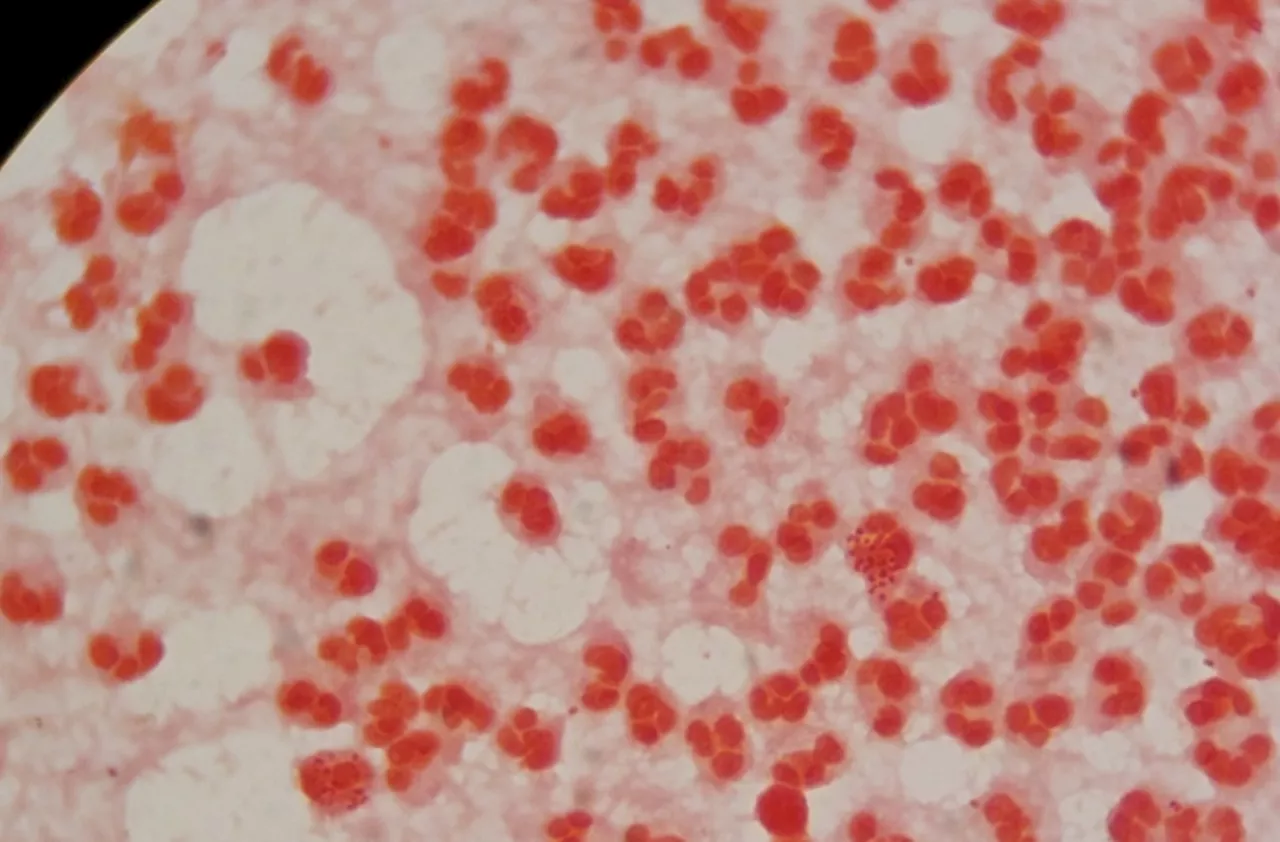 The Impact of Antimicrobial Resistance on STDsAddressing antimicrobial resistance in STDs is vital for public health, as it impacts treatment efficacy and increases the burden of disease globally.
The Impact of Antimicrobial Resistance on STDsAddressing antimicrobial resistance in STDs is vital for public health, as it impacts treatment efficacy and increases the burden of disease globally.
Read more »
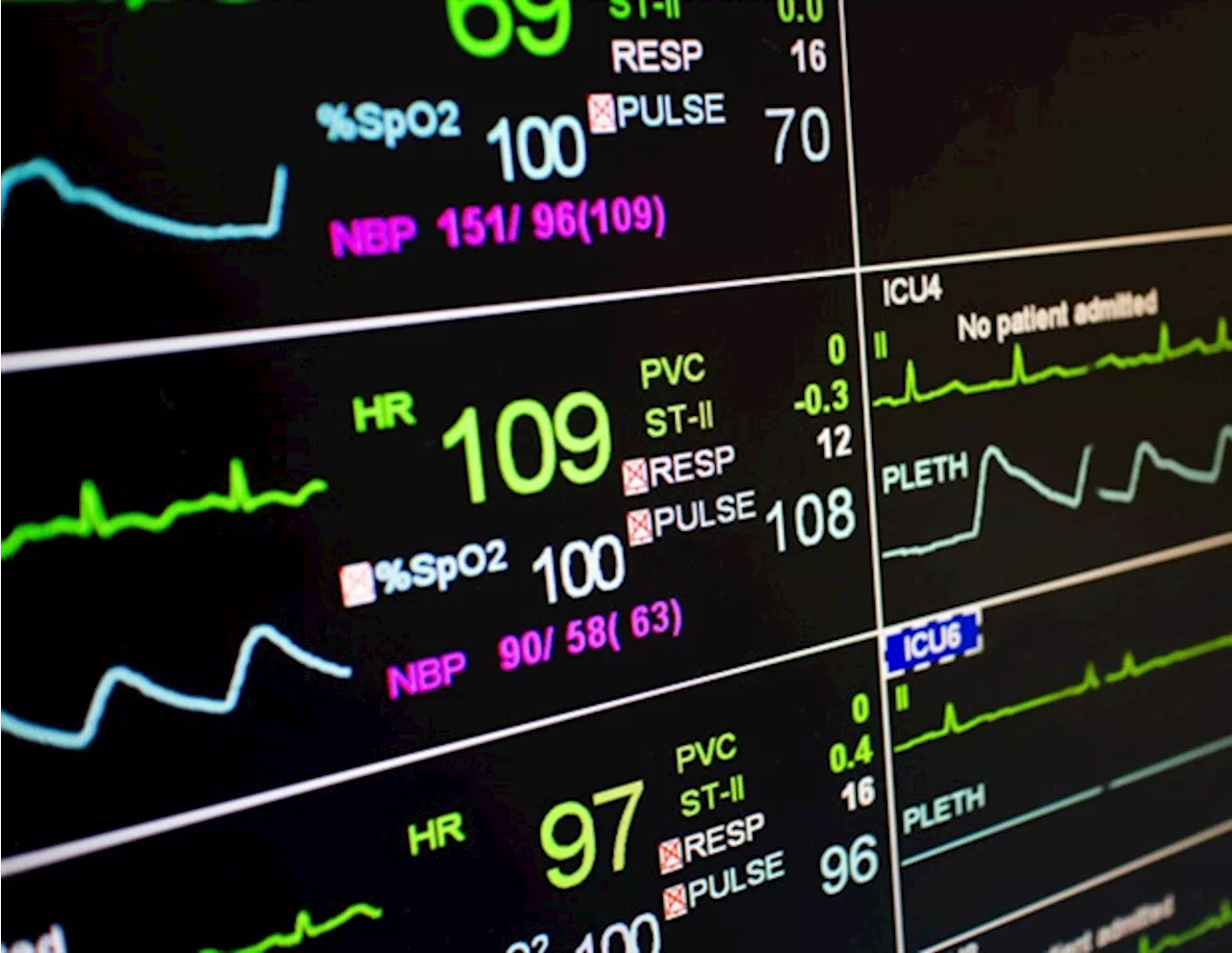 AI provides same-day assessments of antimicrobial resistance in ICUsArtificial intelligence (AI) can provide same-day assessments of antimicrobial resistance for patients in intensive care – critical to preventing life-threatening sepsis.
AI provides same-day assessments of antimicrobial resistance in ICUsArtificial intelligence (AI) can provide same-day assessments of antimicrobial resistance for patients in intensive care – critical to preventing life-threatening sepsis.
Read more »
 Mice tails play a key role in preventing falls and improving balanceWhy do mice have tails? The answer to this is not as simple as you might think. New research from the Okinawa Institute of Science and Technology (OIST) has shown that there's more to the humble mouse tail than previously assumed.
Mice tails play a key role in preventing falls and improving balanceWhy do mice have tails? The answer to this is not as simple as you might think. New research from the Okinawa Institute of Science and Technology (OIST) has shown that there's more to the humble mouse tail than previously assumed.
Read more »
 Key mutations discovered in cancer cells linked to WRN inhibitor resistanceResearchers have discovered key mutations in certain cancer cells that make them resistant to WRN inhibitors, a new class of anti-cancer drugs.
Key mutations discovered in cancer cells linked to WRN inhibitor resistanceResearchers have discovered key mutations in certain cancer cells that make them resistant to WRN inhibitors, a new class of anti-cancer drugs.
Read more »
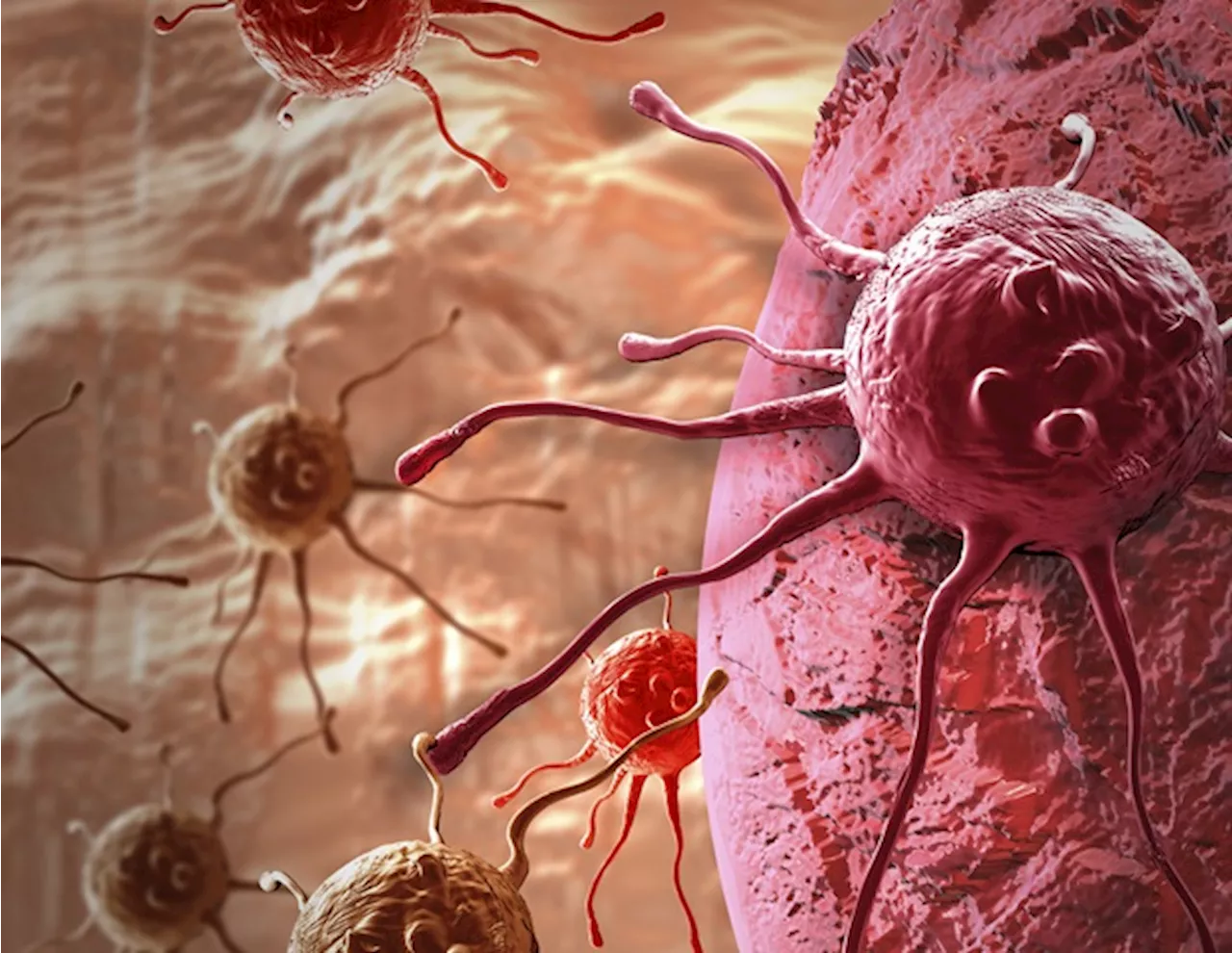 Extracellular vesicles play key role in cancer drug resistanceDespite significant advancements in cancer treatment, drug resistance remains a persistent challenge. Cancer cells can often develop resistance to treatments such as chemotherapy, radiotherapy, and immunotherapy, leading to reduced treatment efficacy.
Extracellular vesicles play key role in cancer drug resistanceDespite significant advancements in cancer treatment, drug resistance remains a persistent challenge. Cancer cells can often develop resistance to treatments such as chemotherapy, radiotherapy, and immunotherapy, leading to reduced treatment efficacy.
Read more »
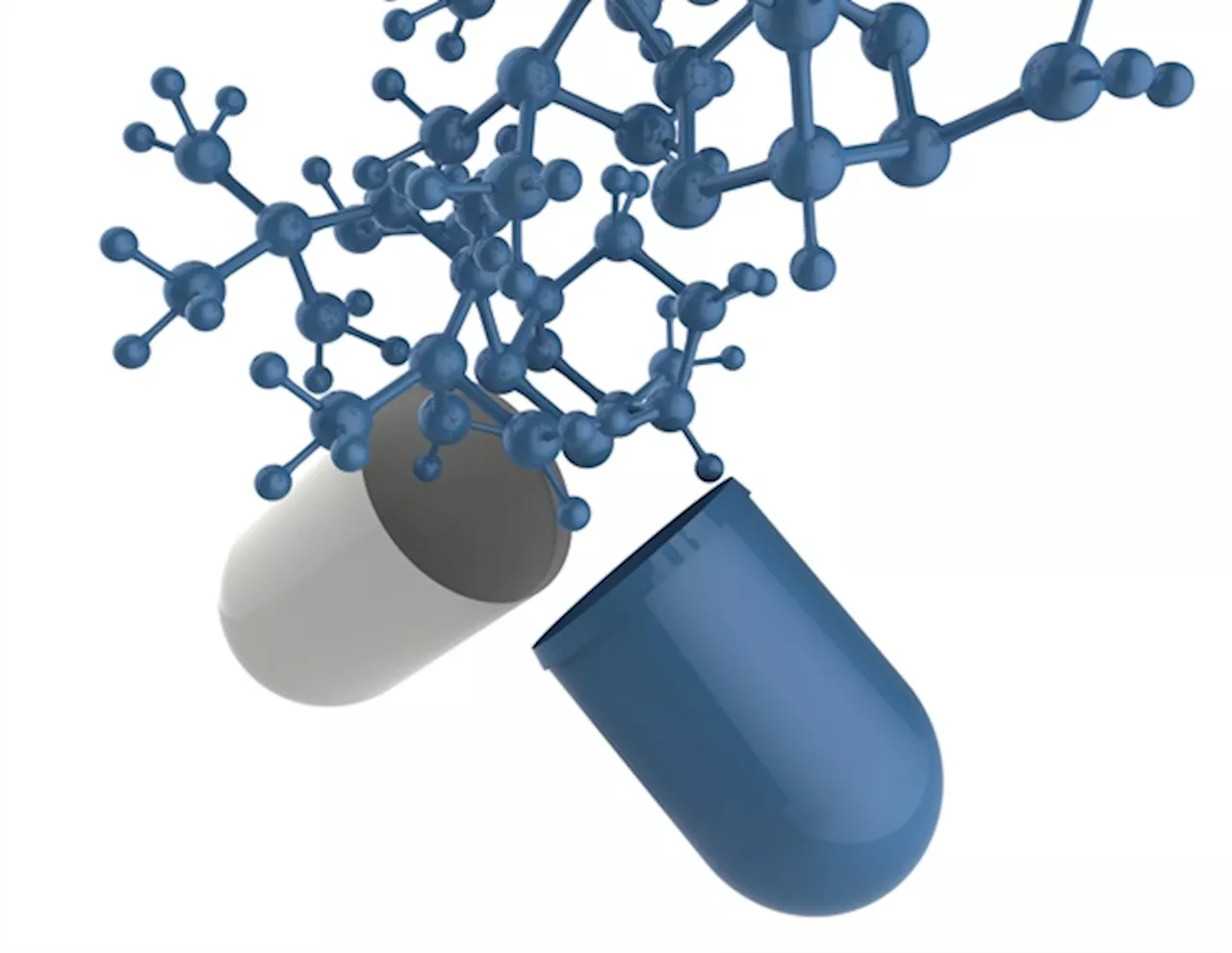 Antibiotic for liver disease linked to emergence of antimicrobial resistant superbugAn international team of researchers has found that an antibiotic commonly prescribed for patients with liver disease, called rifaximin, has led to the global emergence of an almost untreatable form of the antimicrobial resistant superbug vancomycin-resistant enterococcus faecium (VRE), which frequently causes serious infections in hospitalized...
Antibiotic for liver disease linked to emergence of antimicrobial resistant superbugAn international team of researchers has found that an antibiotic commonly prescribed for patients with liver disease, called rifaximin, has led to the global emergence of an almost untreatable form of the antimicrobial resistant superbug vancomycin-resistant enterococcus faecium (VRE), which frequently causes serious infections in hospitalized...
Read more »
